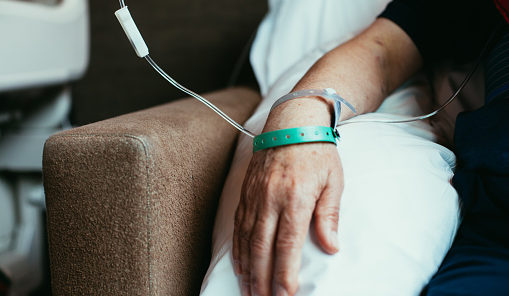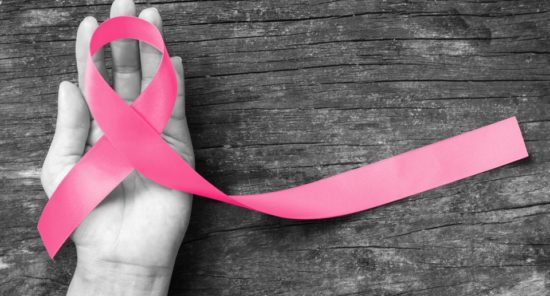
Cancer-bereaved mothers and fathers may still exhibit more psychological distress symptoms two to eight years after losing their child compared to non-bereaved parents, a study discovered.
“Research shows that knowledge about mental health status, both protective and risk factors, is limited in cancer-bereaved parents,” the researchers explained.
This was a retrospective, cross-sectional study that took place in Norway. Those who lost a child to cancer (n=162) and matched non-bereaved parents (n=77) completed a questionnaire specific to the study. The Cohort Norway-Mental Health Index was used to measure psychological distress, and resilience was measured using the Resilience Scale for Adults. Measurements were also taken of the parents’ extent of having coped with grief.
When compared to non-bereaved parents, those who had lost a child to cancer sustained significantly more symptoms of psychological distress—but not clinical psychological distress. Among those who lost a child, those with high resilience or who had coped with their grief had lower psychological distress. In the bereaved group, the strongest predictors of psychological distress were “positive ‘perception of self’ and well ‘planned future,’” according to the researchers.
The study was published in the April issue of the European Journal of Oncology Nursing.
“Both fathers and mothers experience more psychological distress symptoms 2–8 years after losing a child to cancer than non-bereaved parents. The findings also highlight the need for long-term support to bereaved parents in order to help to improve their resilience and to better cope with their grief,” the study authors wrote in their conclusion.
Nurses may have the power to play a significant role in the lives of parents with children battling cancer, a previous study found. This study found that individual informational meetings led by nurses for parents of children with cancer helped them feel listened to, gave them a safe space, and provided them with more information about their child’s illness.
Credit: Original article published here.









